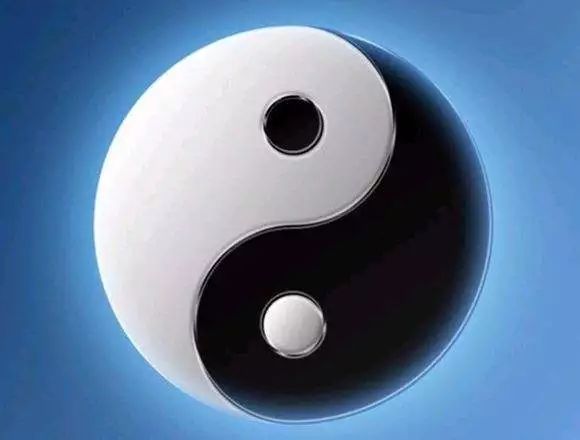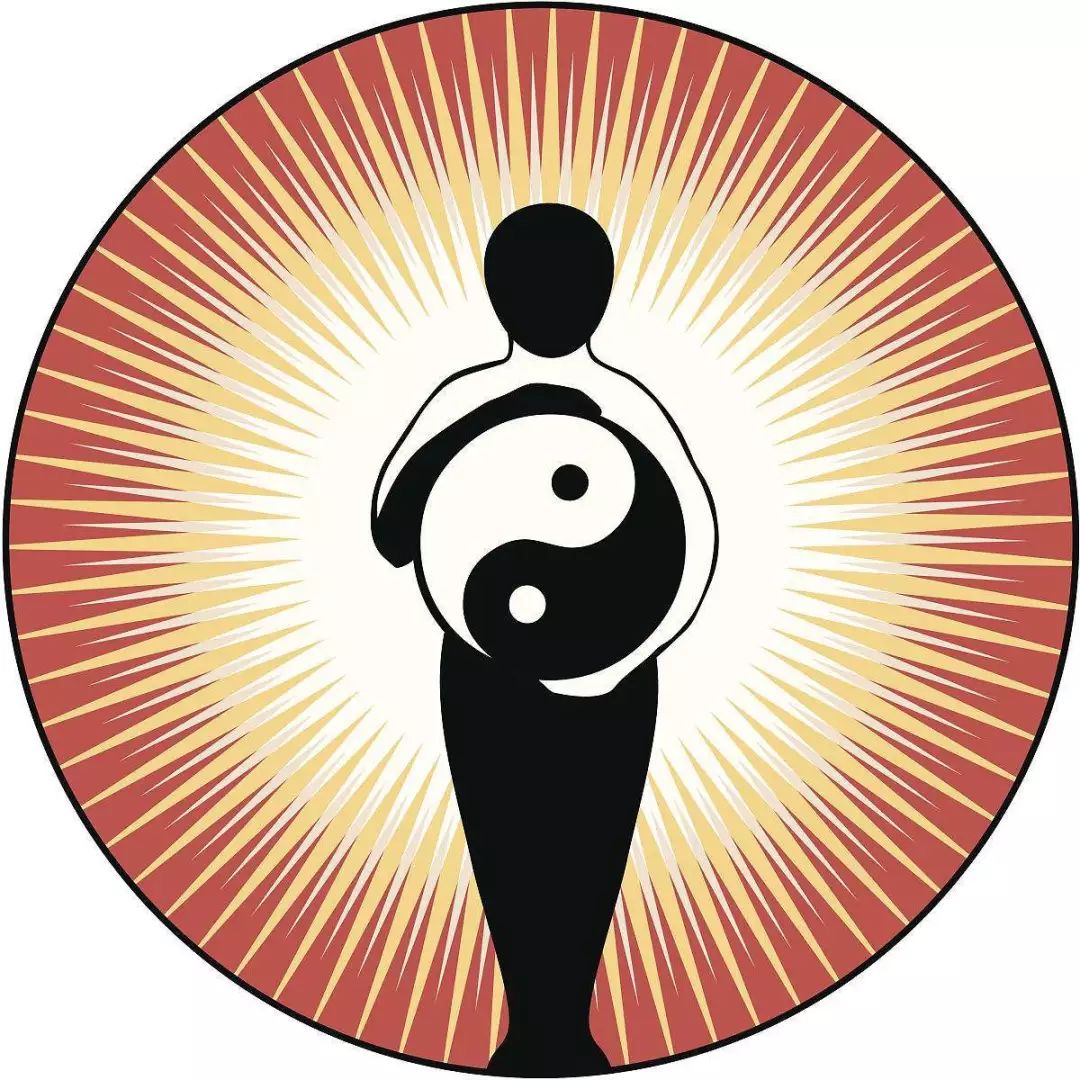
The balance of Yin and Yang is the foundation of life vitality. The balance of Yin and Yang refers to the harmonious transformation and coordination of both sides, maintaining a state that is neither excessive nor deficient, presenting a state of harmony. When Yin and Yang are balanced, a person is healthy and spirited; when they are imbalanced, one may suffer from illness, premature aging, or even death.
What is the relationship between Yin and Yang?
— The relationship between Yin and Yang is one of transformation and mutual growth, a relationship of interdependence and mutual restraint, and a relationship of unity in opposition.
— When Yang reaches its extreme, Yin arises; when Yin reaches its extreme, Yang arises; when Yang is at its peak, Yin is born, and when Yin is at its peak, Yang grows.
— Yang is associated with heat, while Yin is associated with cold; Yang is active, while Yin is passive.
— When Yin is balanced, Yang is secret; the spirit is treated; when Yin and Yang are separated, the essence and Qi are lost.

What is Yin-Yang Balance?
The balance of Yin and Yang is the harmonious transformation and coordination of both sides, maintaining a state that is neither excessive nor deficient.
The meaning of life’s Yin-Yang balance includes the balance of the organs, the balance of cold and heat, and the balance of Qi and blood. The general principle is the coordination of Yin and Yang, and the essence is the balance of Yang Qi and Yin essence (essence, blood, fluids), which is the coordination of various functions and substances in the human body.

Specific Application – The Use of Medicinal Cuisine
Medicinal cuisine is food that is reasonably combined with medicinal herbs (Chinese medicine) under the guidance of TCM theory, skillfully prepared through cooking.
Medicinal cuisine utilizes traditional dietary health experiences established through long-term practice in specific regions, closely related to climate, local customs, and habits. It should be prepared according to the eater’s constitution and physical condition.
Medicinal cuisine not only has health benefits and disease prevention but also transforms bitter medicine into delicious dishes, emphasizing color, aroma, taste, and shape, while focusing on nutritional value, satisfying people’s nature of “disliking medicine, liking food”.

Medicinal herbs are used to eliminate diseases and have quick effects, focusing on treating illnesses. When using medicinal herbs to treat diseases, moderation is key; excessive use can harm the body, and dietary methods should be used to aid recovery.
Medicinal cuisine is distinctly different from taking medicinal herbs; it is more easily accepted by people and can be used long-term, especially suitable for the regulation and treatment of chronic diseases. However, health-oriented medicinal cuisine cannot replace medicinal therapies; in cases of acute or severe diseases, one should seek early diagnosis and treatment at a hospital. “Integrating medicine into food, delicious medicine, food enhances medicinal power” explains the brilliance of contemporary medicinal cuisine.


